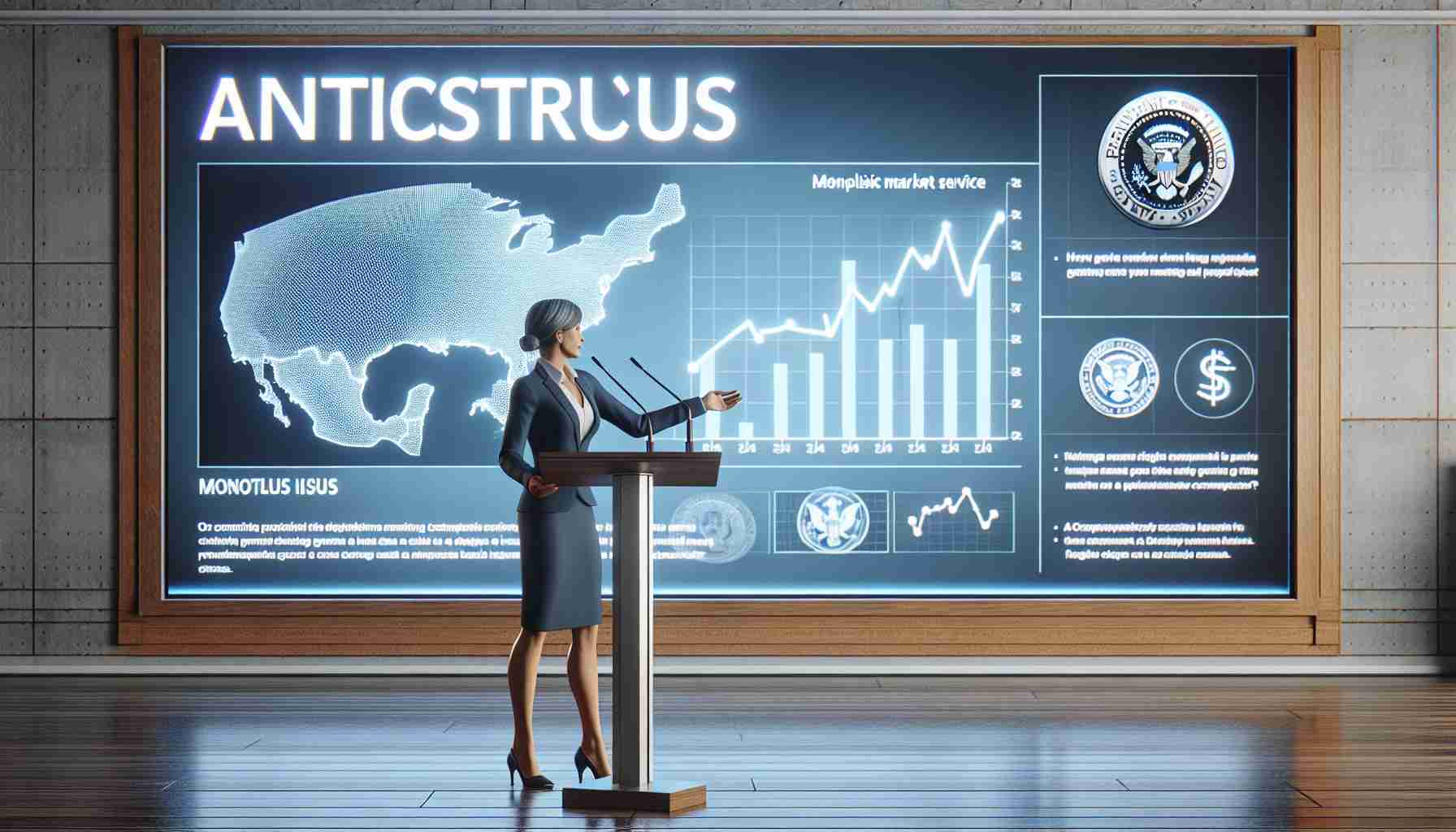Senator Elizabeth Warren Raises Concerns over Exclusive Messaging Platform
Senator Elizabeth Warren has highlighted what she perceives as anti-competitive behavior by tech giant Apple. In an engaging video, Warren elucidates her concern over Apple’s iMessage and its impact on interpersonal connections, emphasizing that Android users often feel marginalized in conversations dominated by iPhone owners.
The Department of Justice (DOJ) has lodged an antitrust lawsuit against Apple, within which the exclusivity of iMessage has become a focal point of contention. The DOJ argues that by keeping iMessage restricted to iOS devices, Apple engenders a less-competitive environment and contributes to a social divide, especially among youth, where owning an Android device can lead to a sense of exclusion.
Senator Warren contends that this sense of exclusion is not trivial; it symbolizes a broader issue with Apple’s dominant market position. Her contention supports the idea that Apple has leveraged its market power to maintain consumer loyalty, sometimes at the perceived expense of Android users.
It has been noted that Apple officials have previously admitted that iMessage’s exclusivity is a strategic effort to keep customers within their ecosystem. Former Apple employee comments and discussions among top executives, such as Craig Federighi and Phil Schiller, have indicated that opening iMessage to Android could disincentivize iPhone purchases.
Despite the DOJ’s actions and Warren’s assertions, some legal experts argue that Apple should not be penalized simply for creating a product that consumers find appealing and want to use exclusively. The current legal debates serve to evaluate the fine balance between consumer choice, market competition, and innovation in the tech industry.
While Senator Warren and the Department of Justice focus on the specific case of Apple’s iMessage, it is worth expanding on the wider context of antitrust issues in the tech industry, particularly regarding messaging platforms.
Key questions and answers:
– Why is iMessage considered anti-competitive?
iMessage is deemed anti-competitive because it is exclusive to Apple devices, encouraging users to stay within the Apple ecosystem and potentially limiting the choice for consumers who may prefer cross-platform messaging services.
– Has Apple responded to the antitrust allegations?
Apple has not made an official response to the allegations in the context provided. However, in general, Apple has defended its ecosystem integration as a way to provide a seamless and secure user experience rather than a method to stifle competition.
Key challenges and controversies:
– Balancing user experience with competition: Apple argues that the integration of iMessage within its ecosystem offers a seamless and secure user experience, but critics assert it stifles competition by preventing other messaging apps from competing on equal footing.
– Impact on social dynamics: There’s a social impact to consider as the exclusivity of iMessage can add to a sense of social stratification, with people feeling left out if they do not own an iPhone.
– Legal assessment of business practices: Distinguishing between legitimate business strategies and anti-competitive behavior can be difficult. There is a fine line between leveraging innovation for competitive advantage and engaging in practices that unfairly restrict market competition.
Advantages and Disadvantages:
– Advantages: iMessage offers end-to-end encryption, deep integration with iOS features, and convenience for Apple users. It keeps users within the Apple ecosystem, potentially enhancing product and service loyalty.
– Disadvantages: Exclusivity can marginalize non-iPhone users, limit consumer choice, and potentially create an unfair playing field for other messaging platforms.
For those interested in further information on antitrust issues and tech industry news, you can visit credible and relevant websites such as the Federal Trade Commission for information on consumer protection and antitrust enforcement, or the Department of Justice for updates on legal actions and cases involving major tech companies. Please ensure to check the validity of the links as I, as an AI, can only provide URL formats that were correct as of my last update.
The source of the article is from the blog papodemusica.com
